Debussy - Reverie
More proof, as if it were needed, that Claude Debussy was the master of creating dream-like atmospheres in his piano music.
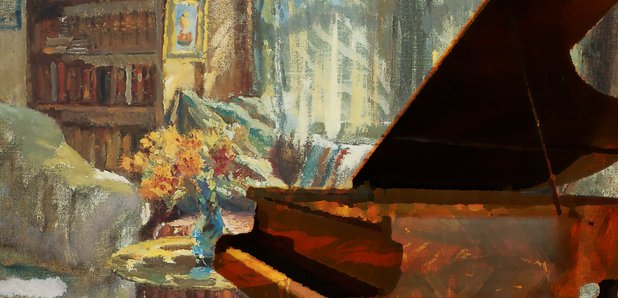
Written in 1890, Debussy's Reverie was one of his first solo piano works to make an impact. Even at this early stage in his career, when he was still working out what kind of composer he wanted to be (he was apparently a fervent debater when it came to Wagnerism), it's clear to see traits of that signature Debussy sound.
However, the young Debussy had not quite developed the style and tricks that would earmark him as one of his generation's most notable talents. There are no fireworks here, no sudden explosions in texture that would come to characterise his later works - this is more of a meditation, the perfect precursor to exploring those later works.
The gently repetitive theme that opens the work feels like a descent into sleepy dream-world (as the title suggests), and as the textures become ever richer the dreams only become more lush and addictive. A fantastic early sign that this Debussy fellow was one to watch…
However, the young Debussy had not quite developed the style and tricks that would earmark him as one of his generation's most notable talents. There are no fireworks here, no sudden explosions in texture that would come to characterise his later works - this is more of a meditation, the perfect precursor to exploring those later works.
The gently repetitive theme that opens the work feels like a descent into sleepy dream-world (as the title suggests), and as the textures become ever richer the dreams only become more lush and addictive. A fantastic early sign that this Debussy fellow was one to watch…







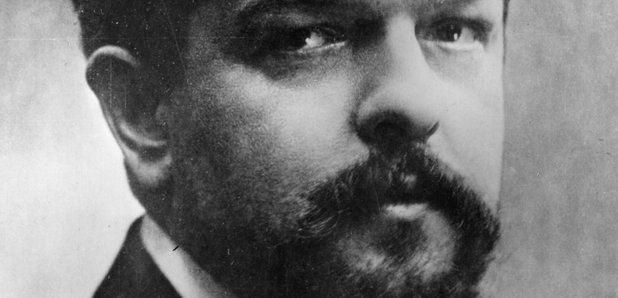
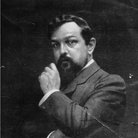
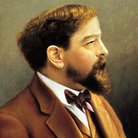


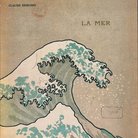
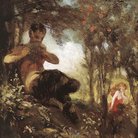



.jpg)
.jpg)


.jpg)





0 comments:
Post a Comment
Note: Only a member of this blog may post a comment.